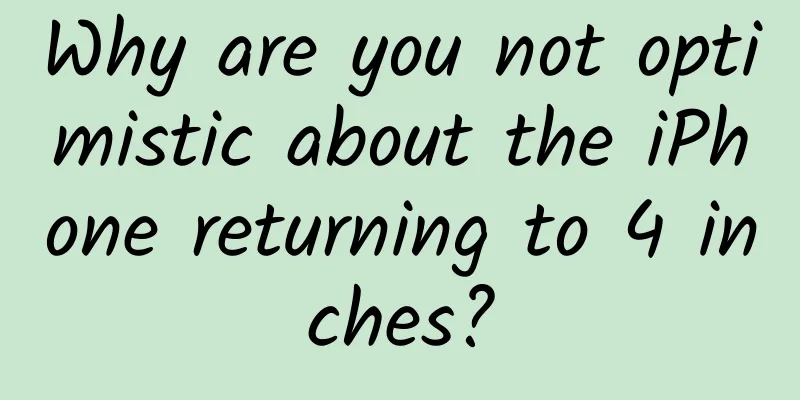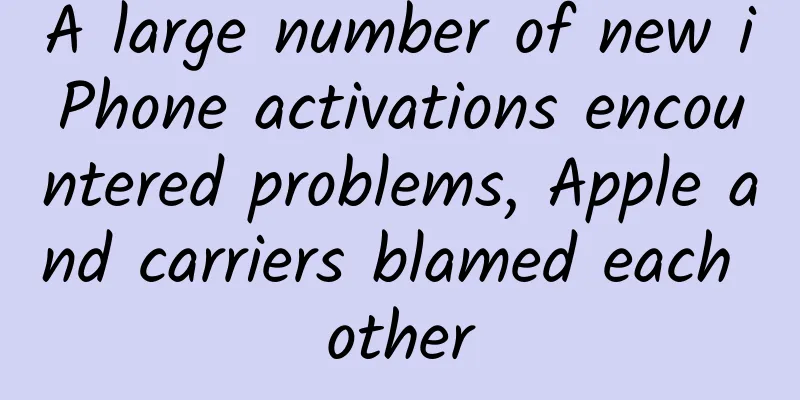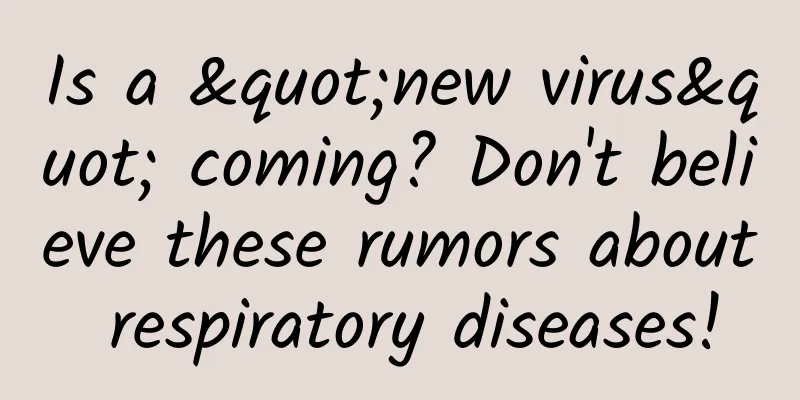Advanced Grayscale Masking in Post-production Photography: Advanced Adjustment Techniques in Post-production Landscape Photography

| "Advanced Grayscale Masking in Photography Post-production Techniques" Introduction to the content of the advanced adjustment technology training course in the field of landscape photography post-production: Why do you need to learn grayscale masking? Grayscale masking, as a high-level post-production adjustment technology, is an indispensable means for fine-tuning photos in Photoshop. Work together to create a systematic technical practical course on the principles and practices of grayscale masking. Grayscale masking is the ultimate method in the post-production field of landscape photography. As a high-level post-production adjustment technique, it is an indispensable means for fine-tuning images in Photoshop to achieve fine separation, transition, natural color integrity. "Advanced Grayscale Masking in Photography Post-production Techniques" Course Contents for Advanced Adjustment Techniques in Landscape Photography Post-production: Part 1 Introduction to Grayscale Masking Part 2 Logic of Creating Grayscale Masking Part 3 Using Grayscale Masking to Adjust Picture Layers Part 4 Further Separation of Selection Part 5 Using Grayscale Masking to Synthesize Photos Part 6 Other Selection Methods [Liangzhijuku] Grayscale Masking Course Materials |
>>: How should self-media content marketing accept advertising?
Recommend
Kuku said that money created a Douyin account and on the 4th day, a project that everyone can copy was exposed
Kuku said that money had set up a Douyin account ...
Fed up with Windows blue screen, which Linux system is best for gaming?
Over the past few months, we have tried multiple ...
What are the Baidu bidding keyword selection techniques?
(1). Keyword selection can be based on the follow...
5 strategies for social media marketing!
Introduction: There is a vast world for social tr...
Users are not a cover! Let’s talk about some mistakes we are prone to and are currently making with our users!
Regarding this topic, I will only talk about a fe...
The most romantic thing I can think of is looking up at the stars with you...
"The stars are twinkling, the moon is round....
Short video operation method
In recent years, short videos have occupied the l...
The essence of marketing promotion is to acquire customers
Whether it is old marketing or new marketing , th...
Detailed explanation of four loading methods of Android
[[125130]] In multi-Activity development, there m...
Want to add a "moon" to the Earth? Here are the safest places to put it
During the Spring Festival, the movie "The W...
3 Thinking Habits for Operations: Process Thinking
Whether you are doing activities, user operations...
Want to become a high-level SEM promotion and marketing expert? You must go through these 5 stages
The author divides bidders into 5 levels: 1. Novi...
Is there a "wealth code" hidden in "Robinson Crusoe"? !
Today, many people watch the stock market and hop...
Muscovite: thin and hazy thousand-layer paper, mica screen with deep candlelight
This issue introduces a white mica specimen from ...
A must-read for those going home for the Spring Festival: WeChat has all the features you need
During the epidemic, go home only if you can. Tod...









